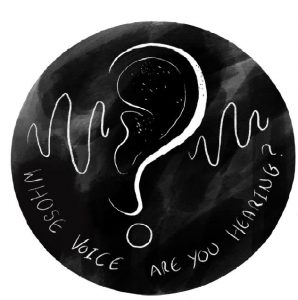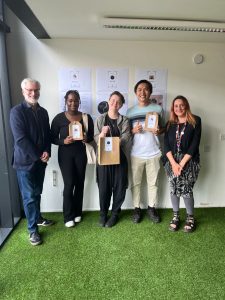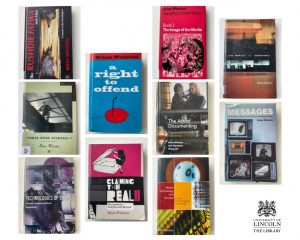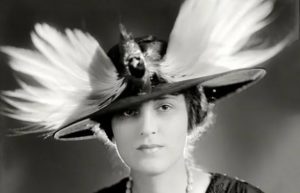The Library Subject Librarians Hope Williard and Oonagh Monaghan have been active in researching decolonising initiatives at other Higher Education libraries. Attendance at conferences and liaison with librarians across the sector has enabled us to produce our own University of Lincoln decolonising guide for academic staff and students. The next step is to make the work we are already doing more visible. The aim is to embed decoloniality into the physical space of the library. The prospective projects have been grouped into the following four areas:
- Revealing coloniality of existing collections
- Challenging coloniality
- Researching decoloniality
- Embracing and extending decoloniality
In addition to new resources, sinage and use of the winning design in the recent competition, a permanent space in the Library has been allocated and we are now at the stage where we have the plans in place and materials ordered or arrived and we hope that the space will develop over the first term of 2022.

We want to reveal coloniality with the aim to share with our students, staff, and library community the ways that our practices of organising, displaying, and sharing information are shaped by colonial worldviews and outlooks.

-
-
resources in the Library that show the diverse range of voices already in the collection.
-
Reveal and raise awareness of historical and colonial injustices which are embedded in the Library systems
-
Provide a space for materials that highlight issues of social justice and underrepresented voices.
-
showcase the new zines collection
-
Any questions, please email omonaghan@lincoln.ac.uk



